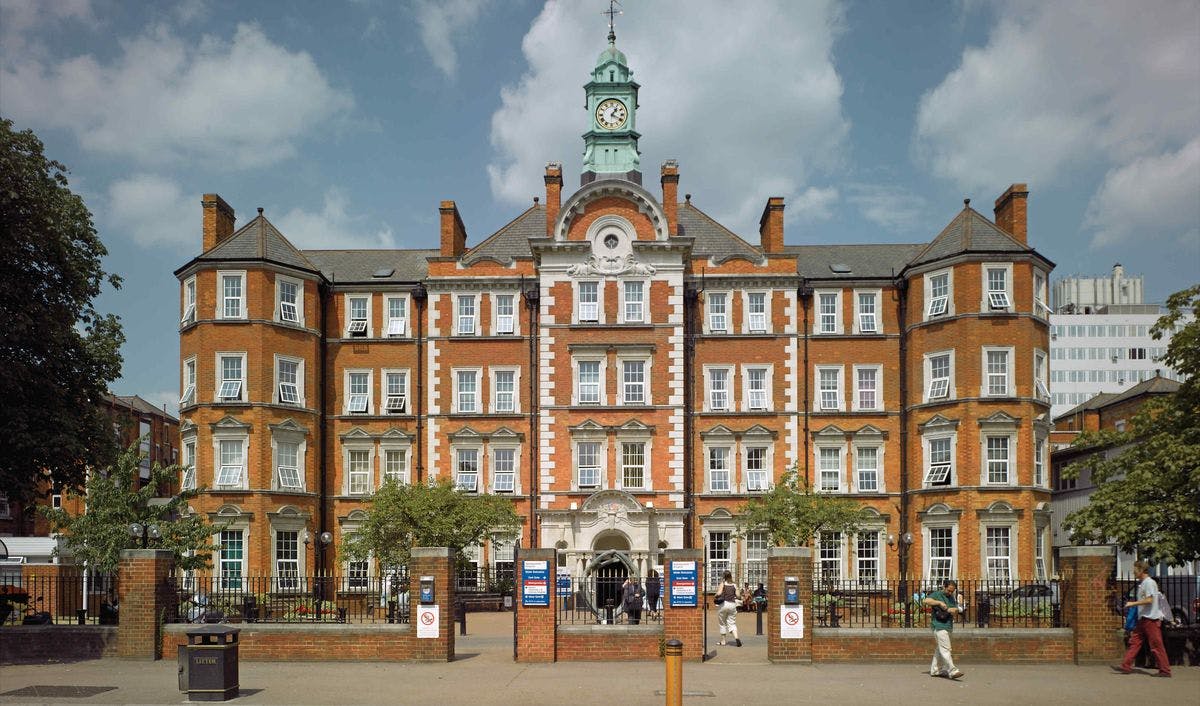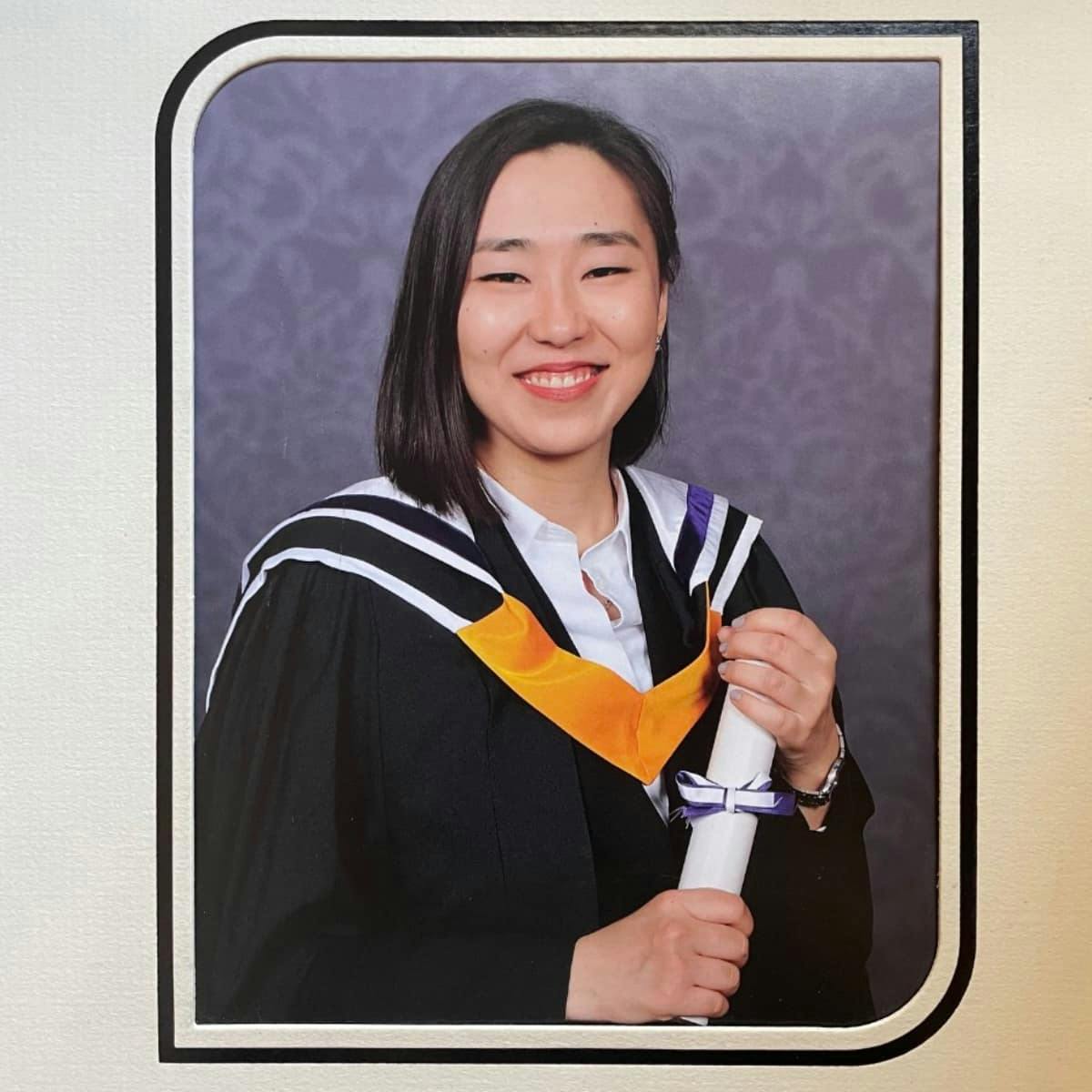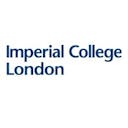Prior to Master’s Program
I completed my Bachelor's degree at the Queen Mary University of London in Environmental Science and started my Master’s program 2.5 years later. It's very difficult to get into Imperial College London immediately after undergraduate unless you studied at top university. I was aware that my university (Queen Mary University) although good, is not considered "top". I also had no publications. I decided to return to Kazakhstan to get some work experience and boost my CV and Cover Letter. I worked as an ecologist in the oil and gas sector where I took on the best projects in terms of budget and team size, where communication was exclusively in English. In 2.5 years we became the most transparent oil and gas company, worked on projects with the UN, and helped create new laws in Kazakhstan. I also collaborated with McKinsey and EY consultants - professionals from big companies. I was very strategic about what projects I pursued.

Unexpected contact with the university
I always said yes to public speaking. Once I was invited to speak on the topic of information transparency in national companies at Nazarbayev University. The audience was full of English speakers, as scientists and professors from all over the world were invited to the university that day. After the talk, we were divided into workshops based on various topics. During the workshop I got into an intense debate with a foreign professor, discussing and criticizing each other's ideas.
Later that evening I received an email from Emily with the email @imperial.ac.uk. It said: “I am assistant of a professor who is now in Kazakhstan at some conference and he was impressed with the way you think and defend your arguments. We believe that you are a good candidate to apply to Imperial College London for the Environmental Technology program”🤩🤯
Leaving London in 2014, I told myself that I would return in 2 years, but only to Imperial. Therefore, I want to advise young people to speak up, and not be afraid to express their opinion!
Application documents
It is much easier to apply to the UK than to the USA as they request fewer documents and we do not take the SAT. I submitted:
Cover Letter (similar to a motivational letter)
Application form
1-page Resume
IELTS - in my case it was not required, since I completed my bachelor's degree in the UK
Application fee, if any
The whole process is quite simple. I gathered all application documents in one month, taking into consideration that I've been preparing and gaining experience for the last 2 years. After a few weeks of waiting, I received an invitation to a Skype interview, during which I mentioned the email I received from Emily.
What helped me stand out
In my Cover Letter, I mentioned that I knew Jeffrey Sachs, a well-known economist and a professor of sustainability at Columbia University. He once attended a conference in Astana where I met him personally after his speech and later took his course. Everyone in the community of environmentalists knows him, which helped in my application.
In the interview, two things were very important:
I was asked if I already had ideas for my thesis. Apart from ideas, I already knew the specific professor whom I wanted to work with. I watched all of his public talks, studied his research, and found a gap he hasn't covered yet. I knew that my interests might change during the program itself, but it helps to be very specific in the application, as it demonstrates motivation and preparation.
All students who apply to Imperial usually also apply to Cambridge, Oxford, and UCL. When the admissions team asked me about other universities, I honestly told them that Imperial College London is the only university I am applying to. If they reject me, I would wait a year and re-apply again. This level of motivation impressed them.

Why I chose Imperial
Students of Ecology usually aim for Cambridge, the second option is Imperial, and then the rest. I've been to both Cambridge and Oxford, and to be honest, they're pretty boring cities. Cambridge is a very white city where an Asian-looking girl like myself doesn't always feel comfortable. For me, London was the best city as a 23-year-old student who wanted an active student life besides academics.
Imperial has awesome facilities and the largest number of various student clubs. An interesting fact is that it's the only Environmental program in the UK which accepts students from any background, be it finance or medicine. Thanks to this, it was extremely interesting to be in a such diverse cohort.
Scholarships
I won Bolashaq - scholarship program of the government of Kazakhstan. The UK is not very generous when it comes to scholarships, especially for international students. Foreign students that I know studied with Chevening Scholarship, or paid full tuition costs.
However, there are a lot of scholarships provided by the university itself for the PhD students. Imperial has multiple collaborations with oil and gas companies, energy companies, and other government entities that fund students to do research in areas of interest to those companies.
Student life
Since the program lasts only a year, everything moves at a fast pace. Orientation was only 1 week, after which we immediately had deadlines, for example, our first assignment was due 3 weeks into the program. Nobody will babysit you as a Master's Degree student and you need to think on the spot.
I immediately enrolled in different clubs: boxing club, consultancy club, they even have a gliding club. There are a lot of athletes, for example, we have a strong rowing team whose members can easily represent the UK at the national level.
What I also really liked about Imperial is its campus located in a very beautiful area of London near Hyde Park. Many students prefer going to small towns in England where the university is basically a city with its own community. It is rarely the case in London where university buildings are usually scattered around the city, and it's hard to get a sense of community.
Workload and Exams
Academics are hard, I started having my first panic attacks and mental issues at the university. We had access to free therapy sessions, which is something I haven't seen at other universities. Some engineering students could not take it and transferred. You understand that if you miss one lecture, you might never catch up, as the material accumulates like a snowball.
At the same time exams will make it clear why studying is so hard. Some of our exams are not based on subjects but were given as open-ended questions. Such exams are designed to test our critical thinking and awareness. For example, in 2016 during Trump's presidential campaign we had the following question: “Donald Trump has become the president of the United States and wants to withdraw from the Paris Agreement. You are his advisor. How will you defend your position?" You have to use knowledge from classes and your reasoning to write a comprehensive essay, which is way more interesting than the usual exams. Imperial wants to nurture open-minded leaders with their own opinions; people who will really change the world.
Post Graduation
After graduating with a Master's degree our students usually go to high-profile consulting companies like Goldman Sachs, Bloomberg, or banks. In my case, I was required to return to Kazakhstan and went to work at EY.
Currently, I work at nFactorial School - an online school for developers. My day-to-day work has changed, but the university experience still comes in handy. When I'm recruiting people or cold emailing, my opening sentence is that I'm an Imperial graduate. My boss introduces me the same way. It really helps for networking purposes when people I talk to don't know me or nFactorial.
All skills and knowledge, except specific environmental details, are useful. We were taught to think critically, process information, test hypotheses, and express our thoughts concisely. My thinking and work ethic are all thanks to studying abroad!



